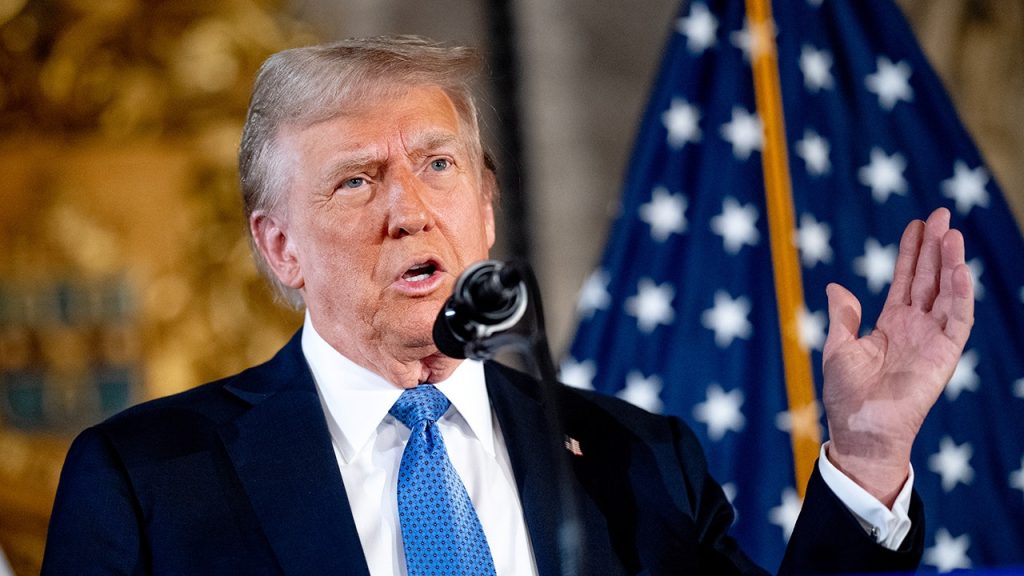In a significant diplomatic development, U.S. President Donald Trump announced via a Truth Social post that India and Pakistan have reached a ceasefire agreement. This announcement, made following intensive negotiations mediated by the United States, marks a crucial step towards easing long-standing tensions between the two nations, both of which possess nuclear weapons and have a history of conflict. Secretary of State Marco Rubio and Vice President JD Vance were actively involved in discussions with key officials from both countries, emphasizing a commitment to peace in the region.
| Article Subheadings |
|---|
| 1) Importance of the Ceasefire Agreement |
| 2) Mediating Role of the United States |
| 3) Reactions from Indian and Pakistani Leaders |
| 4) Historical Context of India-Pakistan Tensions |
| 5) Implications for Regional and Global Security |
Importance of the Ceasefire Agreement
The recent ceasefire agreement between India and Pakistan signifies a monumental achievement in international diplomacy, particularly given the historical significance of the conflict. The decision to cease hostilities is a response to decades of tension and unrest that have periodically escalated into armed conflicts. Both nations have substantial military capabilities, including nuclear arsenals, which make any military engagement especially alarming. By agreeing to a ceasefire, the leaders of India and Pakistan are not just prioritizing their nations’ immediate security but also acknowledging the broader implications of a stable South Asian region.
Mediating Role of the United States
The mediation efforts led by the United States under President Trump were crucial in facilitating the ceasefire dialogues. The direct involvement of high-ranking officials, including U.S. Secretary of State Marco Rubio and Vice President JD Vance, demonstrates a commitment to resolving conflicts through diplomatic channels rather than military ones. Rubio’s interactions with Prime Ministers Narendra Modi of India and Shehbaz Sharif of Pakistan showcased the U.S. administration’s ability to leverage its influence, aiming for a peaceful resolution to a conflict that has resulted in numerous casualties over the years. The announcement of the agreement came after “a long night of talks,” underscoring the complexities and challenges involved in such negotiations.
Reactions from Indian and Pakistani Leaders
After the ceasefire announcement, both Indian and Pakistani leaders expressed their support for the initiative. Prime Minister Modi and Prime Minister Sharif were commended for their “wisdom, prudence, and statesmanship” in choosing the path of peace. Their readiness to engage in discussions at a neutral site indicates a willingness to address broader issues affecting bilateral relations, which could include trade, military de-escalation, and security cooperation. The initial reaction from both sides has been positive, emphasizing optimism for future cooperation rather than prolonged conflict.
Historical Context of India-Pakistan Tensions
The animosity between India and Pakistan has deep historical roots, tracing back to the partition of British India in 1947. The emergence of Kashmir as a contested territory has remained a focal point of conflict, leading to multiple wars and countless skirmishes. Both nations claim Kashmir in full but govern parts of it; thus, the region has seen significant military presence and societal unrest. The nuclear capabilities held by both countries have added a layer of complexity, making international intervention more critical. The newfound willingness to pursue peace through dialogue represents a breakthrough in the decades-long struggle for stability.
Implications for Regional and Global Security
The ceasefire agreement has far-reaching implications, not only for India and Pakistan but for the entire South Asian region and beyond. A stable and peaceful South Asia could potentially foster economic collaboration and mutual benefit, which has been historically stifled by conflict. Furthermore, the resolution of tensions may alleviate global concerns regarding nuclear proliferation. With both nations possessing nuclear arms, any escalation could have catastrophic consequences that far exceed regional boundaries. The international community, particularly powers like the United States, has a vested interest in promoting a stable environment.
| No. | Key Points |
|---|---|
| 1 | India and Pakistan have agreed to an immediate ceasefire facilitated by the U.S. |
| 2 | The mediation by U.S. officials signifies a shift towards diplomatic resolutions. |
| 3 | The ceasefire is a critical step in addressing the longstanding Kashmir conflict. |
| 4 | Leaders from both nations expressed positive reactions to the agreement. |
| 5 | Stability in South Asia would have significant implications for global security. |
Summary
The recent ceasefire agreement between India and Pakistan, announced by President Trump, marks a pivotal moment in the pursuit of peace in a historically fraught region. The active mediation by U.S. officials highlights the international community’s role in resolving conflicts peacefully. As both countries move towards dialogue and cooperation, the implications of this agreement could foster a more stable and secure South Asia, benefiting both regional and global security environments.
Frequently Asked Questions
Question: What sparked the ceasefire between India and Pakistan?
The ceasefire was prompted by intensive diplomatic negotiations mediated by the United States, focusing on de-escalating hostilities that have persisted for decades.
Question: Who were the key U.S. officials involved in the negotiations?
U.S. Secretary of State Marco Rubio and Vice President JD Vance played pivotal roles in engaging with leaders and officials from both India and Pakistan.
Question: What are the broader implications of this ceasefire?
The ceasefire could lead to greater stability in South Asia, encouraging economic collaboration and reducing the risks associated with the nuclear capabilities of both nations.


